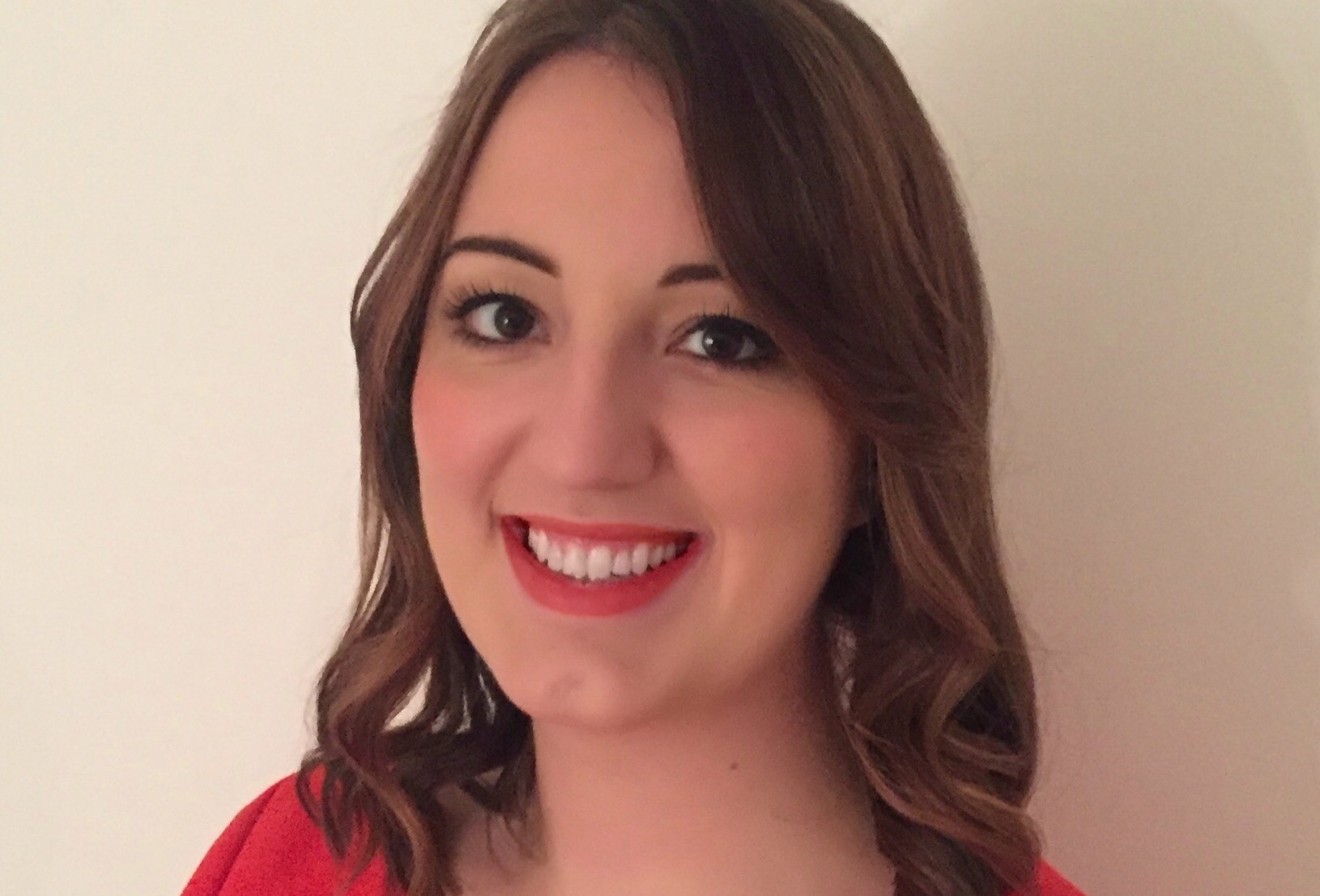On 31 December 2012, the Retail Distribution Review (RDR) was introduced. It made clear how much consumers pay for financial advice, what they pay for, and improved professional standards by introducing a new increased minimum level of qualification for all Financial Planners. The aim was to professionalise the industry and I believe this was a good place to start in improving the reputation of the industry.
There are many industries and professions which require individuals to have specific minimum qualifications to be able to operate or practice within them; for example, accountancy, law, medicine and engineering. Why should Financial Planning be any different? Especially given the impact of advice on clients’ lives.
If planners want to improve the reputation of the profession and be considered in the same league as lawyers and accountants, then professional qualifications and raising the minimum qualification requirement should be just the start.
The FCA’s minimum qualification requirement for retail investment advisers was raised from QCA level 3 to QCA level 4, which is the equivalent to the first year of a degree course. There are a few different routes available to meet the FCA’s requirement, through exams and/or coursework with the Chartered Insurance Institute (CII) or the London Institute of Banking and Finance (LIBF).
But for many planners, the learning and exams do not stop at level 4. As soon as RDR was implemented, I heard talk that the FCA should consider raising the minimum standard from level 4 to level 6. This involves gaining more credits, a minimum of 120 credits (4 exams) coming from the advanced three hour written papers and is the equivalent to an undergraduate degree.
Once level 6 has been achieved and if the individual can demonstrate five years’ experience in the industry, they are eligible to apply for Chartered status. Currently around 4,000 individuals (representing 12% of the profession) and fewer than 300 firms have met the stringent requirements and pledged to uphold the standards expected of Chartered professionals. I am fortunate to work for a business who has achieved Chartered status and encourages all of the planners to achieve the same high standard.
The FCA states that planners “will need to complete a minimum of 35 hours of continuing professional development (CPD) each year for retail investment activities, of which 21 hours should be structured.” Every year the CII selects a random sample of 10% of members’ records to monitor adherence to and compliance with these rules.
This goes some way to ensure that planners are up to date with their expected knowledge and understanding, and that their individual personal development needs are being met. But is this enough? Should the qualification bar be raised to level 6? I don’t necessarily believe this is the answer, but encouraging advice professionals to improve their knowledge and understanding by sitting higher level exams can’t be a bad idea.
Rules and regulations are constantly changing, and planners need to keep up with these developments and one way of demonstrating this is through holding professional qualifications. However, I don’t feel that exams provide the whole picture. Being a good Financial Planner requires more than a certain level of qualification as I am learning.
The ability to engage with the client, gain their trust and find a solution unique to that client’s circumstances is key, but isn’t something you can learn through examinations.
Ultimately from a client’s point of view, they are most interested in determining whether the adviser knows what they are talking about, is qualified, has the experience to deal with their circumstances and, of course, what the costs are. In a nutshell, if you are highly qualified and have a good track record, this is a good way to demonstrate your ability to deliver the best outcomes for the client. The two go hand in hand.
Chloe Moran, BSc (Hons), DipPFS is a Financial Planner at Connor Broadley Wealth Management in London. She joined the company recently as a Financial Planner having previously worked at Tilney Group. She holds the level 4 Diploma in Regulated Financial Planning and is sitting her final Chartered exam later this month. She intends to become a Fellow of the PFS next year.

